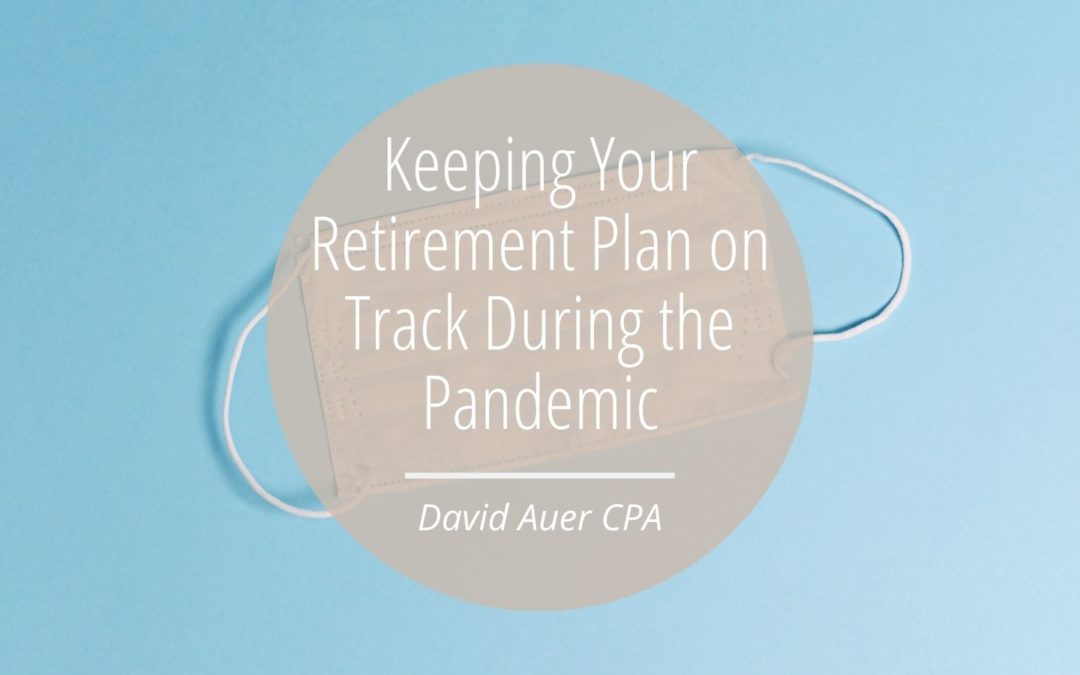1. First Concentrate on Emergency Savings
It isn’t easy to contribute to a 401(k) or retirement account if you are not earning right now. In case your earning has reduced, focus on emergency savings. Save your money in an account that offers a high-interest rate.
2. Contribute to 401(k) Savings
Considering that you still have a job, continue contributing to 401(k). If you fail to contribute, you will miss out on free cash from the employer. In case you may have the option to save your money in Roth 401(k), do not hesitate. Contributions for Roth are made after deducting tax. Hence, when you take your disbursement, there will be no tax payment.
3. Social Security
Most people claim their Social Security after their 70th birthday because the additional time has a guaranteed increment of 8%. It is also advisable to check with ssa.gov to discover the strategy that fits you best.
4. Income Annuities
An income annuity is one of the things to consider if you are searching for guaranteed earnings. In retirement, insurance companies offer you a locked-in payment each month for several years. You may also pay a huge amount of money or pay it via your IRA or 401(k) before retiring. Some experts argue that they have big commissions, and the disclosures are not transparent, so they do not agree with it being a perfect investment.
5. Be Aware That Retirement Is Going to Change
There is a high possibility that individuals will be working for more years and retiring later. Those who may have gone into the market’s downturn might feel left out and terrified to get back.
Conclusion
Retirement requires intention. The 2020 pandemic affected the retirement plans for some individuals. Emergency savings should be your number one priority to get back on track, particularly if you got unemployed. If you still have a job, consider contributing to your retirement account. There are also other ways, such as income annuity and social security.

